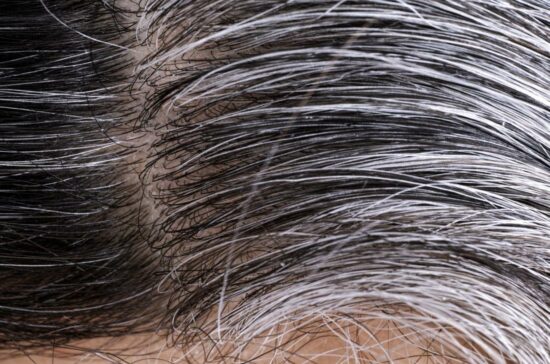There are a number of myths around old age and health care in later years. This article aims to dispel 3 of the main old age healthcare myths and provide you with some truth, which will allow you to plan accordingly.
With more Americans living longer, the percentage of adults over the age of 65 is expected to reach 23.5% of the population by 2060. There is a growing number of families out there living with their elderly relatives that do not have an inkling of what to expect.
1. Most Elderly Do Not End up in Nursing Homes
The idea that most of the elderly will go to nursing homes is the first myth that needs to be discussed and dispelled. The fact is that most elderly who suffer from chronic diseases will stay at home. The statistics show that as more people reach the later ages of life, 65 years and above, there will never be enough nursing homes or beds to meet the demand if all of these people went into homes. It is simply a mathematical impossibility.
Most older adults in America will continue to live at home for as long as their health will allow.
2. Medicare Will Not Cover your Long-term Health Needs
Most people believe that Medicare and their family healthcare provider will be able to look after them indefinitely. Unfortunately, this is not how things work, and you will need to plan proactively to look after yourself in later life. Medicare will provide the basics and look after your primary care needs. It is a reactive system that can and will help you in your hour of medical need. Your aim should be to stay healthy for as long as possible and plan for the possibility of chronic illness, however.
Preventative care is the way forward in this regard. The advice is to look for a professional Chronic Care Management company that is able to work with your Medicare and GP to provide you and yours with a professional plan for elderly preventive care.
3. Hospice is not Where the Elderly go to Die
The idea that older adults go to hospices to die is a longstanding myth that is and has always been misplaced. There are several different types of hospice out there, those established for frail care, those for after-surgery care, and yes, most of them will have professionals suited to dealing with symptoms, illness, and the resultant death associated with a chronic illness. The elderly go to a hospice for professional palliative care. Many older people then return to the community with a detailed care plan, while those who do not are allowed a professionally managed process of passing. It is a service that enables the family to be family, rather than expecting them to be medical care at this final life stage. It is also a mindful solution for the elderly who live alone or have no possibility of home palliative care.
Depending on its area of focus, a hospice is primarily about maintaining dignity and providing support and professional care for the elderly, the frail, and those with symptoms caused by chronic illness.
These are just 3 of the many myths out there that have become ‘common knowledge.’ In an age where information and data are so important, the best advice is to make sure that you know what to expect for your future family health care.



